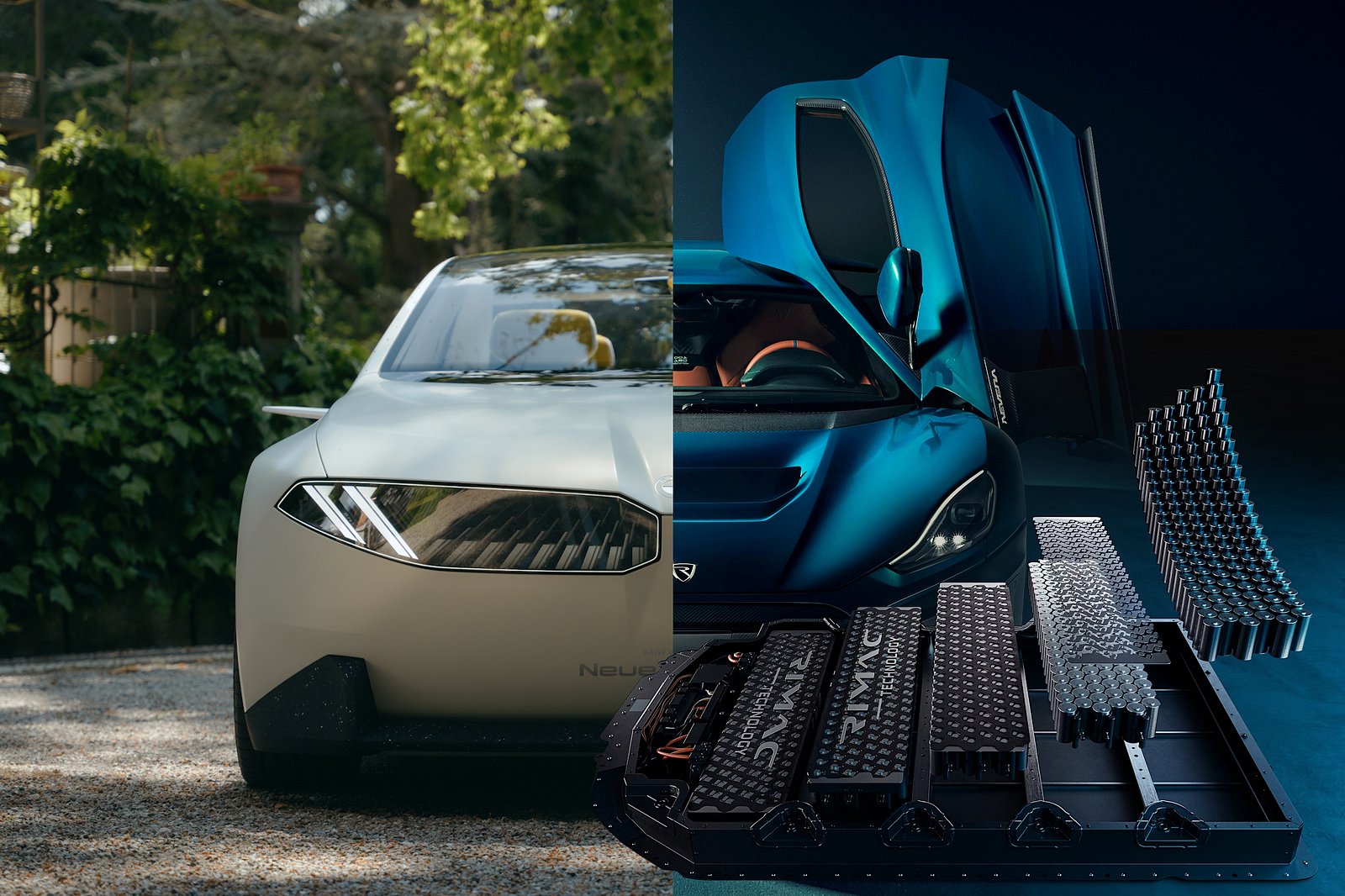
The partnership with EVE Energy was formally initiated recently at the IAA Mobility event that was held in Munich, Germany. Production of these new batteries is scheduled to begin in 2027, with EVE responsible for the cell manufacturing and Rimac taking care of the development of a battery module and pack platform to accommodate the cells. Besides the advantages already mentioned, cylindrical cells also have superior thermal management, making EVs safer and more reliable.
There is one potential downside to Rimac’s partnership with a Chinese battery manufacturer, however. Last year, it was announced that BMW struck a deal with EVE Energy for its Neue Klasse vehicles. At the time, we noted that this could negatively impact BMW’s ability to qualify for local tax incentives due to the China-sourced batteries. However, BMW may now stand to benefit from Rimac technology in the long run.

